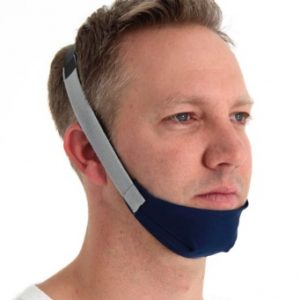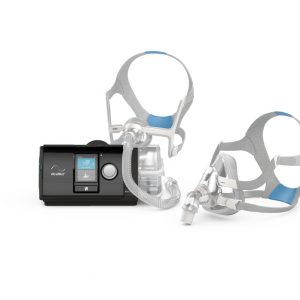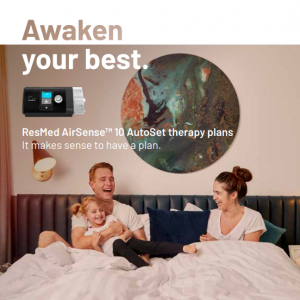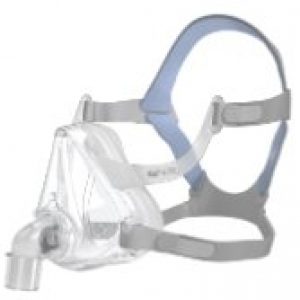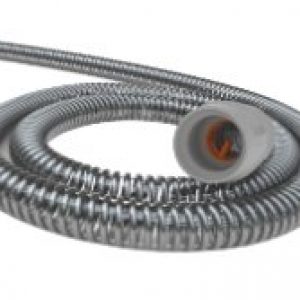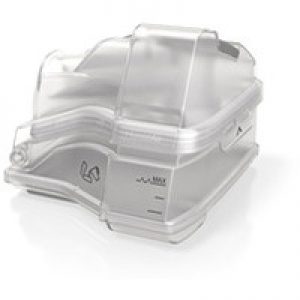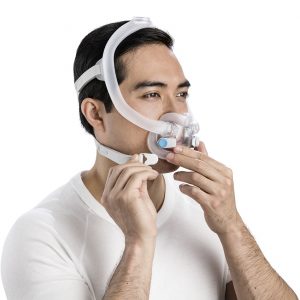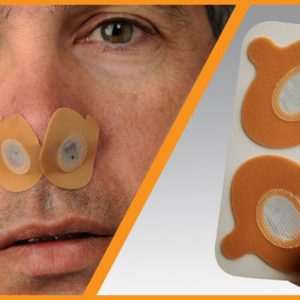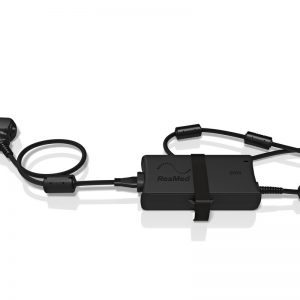Sleep deprivation
Although someone with sleep apnoea usually sleeps through each apnoeic episode, particularly loud snoring may wake them up several times during the course of a night. If you get treatment for sleep apnoea, your symptoms of sleep deprivation should reduce or even disappear.
 Sharing a bed / relationship issues
Sharing a bed / relationship issues
Snoring and sleep apnoea may cause loss of sleep for both the snorer and their bed partner. If you get treatment for sleep apnoea, you and your bed partner should get a better night’s sleep.
Living with sleep apnoea
Getting treatment for sleep apnoea and following your doctor’s advice can help you and your family members.
Getting treatment for sleep apnoea should reduce snoring and can improve your quality of sleep (for your bed partner too).
Treating sleep apnoea should help you feel rested during the day Improving healthy lifestyle for some people such as stopping smoking, increasing exercise and losing weight.
Some people will need to use their flow generator (CPAP) and mask each night to help keep the throat open and improve breathing.
A few people will need to have surgery to open their upper airway. This might involve removal of tonsils and adenoids, part of the uvula (the tissue that hangs from the middle of the back of the roof of the mouth), and/or the soft palate (the roof of the mouth in the back of the throat). Regular and ongoing follow up is important; your sleep medicine specialist will check whether your treatment is working and whether you are having any side effects.
Product design is continually improving to be quieter, sleek in design and easier to use. It’s worth checking in periodically with your health professionals to see new sleep apnoea products and how they might work better for you.
